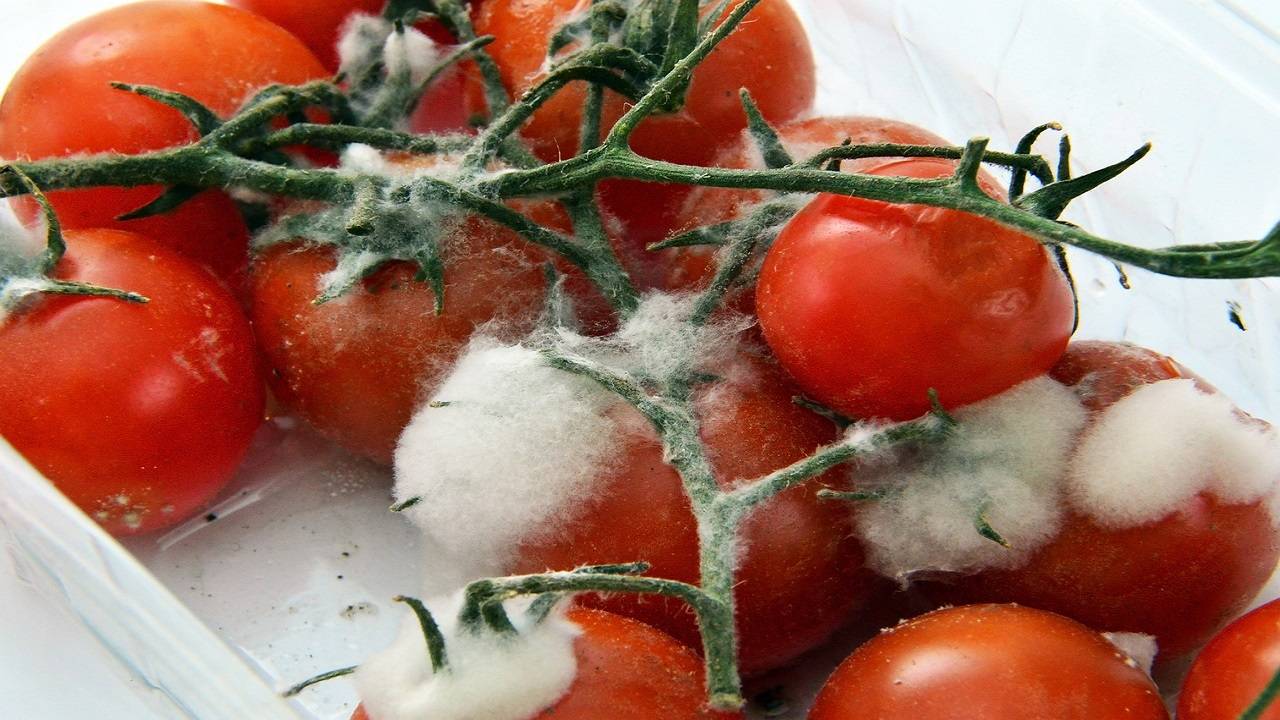
On average, farmers estimate that their income has decreased by 15.7 percent over the past two years due to climate change. Even one in six farmers indicate income losses of more than 25% during this period. According to Bayer CropScience’s Farmer Voice survey, 71% of farmers are experiencing major impacts from climate change, and even more are concerned about its future impacts. Moreover, 73% have experienced increased pest and disease pressure.
Bayer CropScience’s Farmer Voice survey: 8 countries participated.
To conduct “Farmer Voice”, life science company Bayer commissioned an agency to independently interview 800 farmers worldwide, from Australia, Brazil, China, Germany, India, Kenya, Ukraine and the United States. Equal numbers representing large and small farms. .
Farmers expect the effects of climate change to continue. Three-quarters of them globally (76%) are concerned about the impact of climate change on their farms, with farmers in Kenya and India the most concerned. Rodrigo Santos, Member of the Board of Management of Bayer AG and President of the Crop Science Division, commented: “Farmers are already experiencing the negative effects of climate change on their farms and they are key in addressing this large scale. role. The challenge is why putting their voices front and center is so important. The losses reported in this survey highlight the direct threat of climate change to global food security. Given the population, the findings should be a catalyst for efforts to regenerate agriculture.
Climate change is affecting farmers’ incomes.
While climate change is a dominant theme, economic challenges are the top priority over the next three years. More than half (55%) of farmers ranked the cost of fertilizer in their top three challenges, followed by energy costs (47%), price and income fluctuations (37%), and crop protection costs (36%). ). The importance of fertilizer costs becomes most evident in Kenya, India and Ukraine.
In Ukraine, 70% of farmers cited the cost of fertilizer as one of the top three challenges, indicating that the tangible consequences of the war put great pressure on the country’s farmers. In addition, 40% cited general disruption due to war and conflict as the biggest challenge. In addition, Ukrainian farmers share many characteristics with their global counterparts, for example, more than three-quarters (77%) say that climate change has already significantly affected their farms. .
Farmers fighting climate change
More than 80% of farmers surveyed are already taking or planning to take direct actions to reduce greenhouse gases. The areas of greatest focus are using cover crops (43% already do so or plan to do so), using renewable energy or biofuels (37%), and fertilizers. or are using innovative seeds to reduce crop protection use (33%). At the same time, each farmer claims that he is already applying or intends to implement measures to support biodiversity. More than half (54%) say they have already taken measures to protect insects, such as insect hotels, or plan to do so in the next three years.
To be ready for the future, farmers value innovation. More than half of them (53%) say that access to seeds and traits designed to better cope with extreme weather would benefit their farms the most. A similar number (50%) called for improved crop protection technology. 42% said their farm would benefit from better access to irrigation technology. In their approach, improving efficient land use, diversifying crops, and improving soil health were identified as the most important paths to success.
Indian smallholder farmers focus on reducing risk.
In addition to the global survey where farmers were independently interviewed, Bayer interviewed 2,056 Indian smallholder farmers from its customer base. It is a unique glimpse into the perspective of smallholders who are key to securing the world’s food supply. Currently, their biggest challenges are high labor and fertilizer costs. Yet they are also affected by climate change: many of them expect increased pest pressure due to reduced crop yields (42%) and changing weather (31%). Unlike commercial and large-scale farmers, smallholders interviewed in India are focused on mitigating risks, prioritizing financial security through insurance (26%) and infrastructure (21%).
When asked about the future, 60% said they would benefit most from access to digital technologies and advanced crop protection. Despite all the challenges, Indian smallholders are optimistic: 8 out of every 10 farmers feel positive about the future of farming.
The survey results are a valuable indicator of the preferences and needs of smallholders in India, contributing to Bayer’s smallholder farming strategy with a target of supporting 100 million smallholders by 2030. In 2022, the company reaches 52 million with its products and services.
Farmers agree on global challenges.
Overall, the “Voice of Farmers” survey shows that farmers around the world share a broadly shared view of today’s challenges and future prospects. Although there are minor differences between countries, the key issues of climate change and economic stress are of equal concern to all. “Farmers face multiple and related challenges. But despite this, we found that they are optimistic – almost three-quarters say they feel positive about the future of farming in their country,” said Rodrigo Santos. said “This is inspiring and encouraging. The views expressed by farmers in the report need to be widely seen and understood. They are a call to the entire food system to innovate, collaborate and deliver the solutions farmers need. There is action – and we as Bayer are eager to take a leadership role in these efforts. There is little time to waste.”
Farmer Voice is a survey of 800 farmers evenly split between Australia, Brazil, China, Germany, India, Kenya, Ukraine and the United States. The survey was conducted independently by Kekst CNC. Farmers were randomly selected from each market. Respondents did not know that Bayer was conducting the survey until after it was completed, and Bayer had no input on sample selection. Interviews took place between April and July 2023. Additionally, 2,056 smallholder farmers in India were surveyed with a short questionnaire. These farmers were affiliated with the Better Life Farming Ecosystem, farmers from Bayer-supported Farmer Producer Organizations, and farmers enrolled in Bayer’s Sustainable Rice Program. The interviews were conducted between May and June 2023.
The Farmer Voice report is available here: www.bayer.com/en/agriculture/farmer-voice
About Bayer
Bayer is a global company with core competencies in the life sciences sectors of healthcare and nutrition. Its products and services are designed to help people and planet thrive by supporting efforts to master the major challenges presented by a growing and aging global population. Bayer is committed to driving sustainable growth and creating a positive impact with its business. At the same time, the group aims to increase its earning power and create value through innovation and growth. The Bayer brand stands for trust, reliability and quality around the world. In fiscal 2022, the group employed approximately 101,000 people and had sales of 50.7 billion euros. R&D expenses before special items were 6.2 billion euros. For more information, visit www.bayer.com.
First Published: 23 Sep 2023, 15:05 IST
